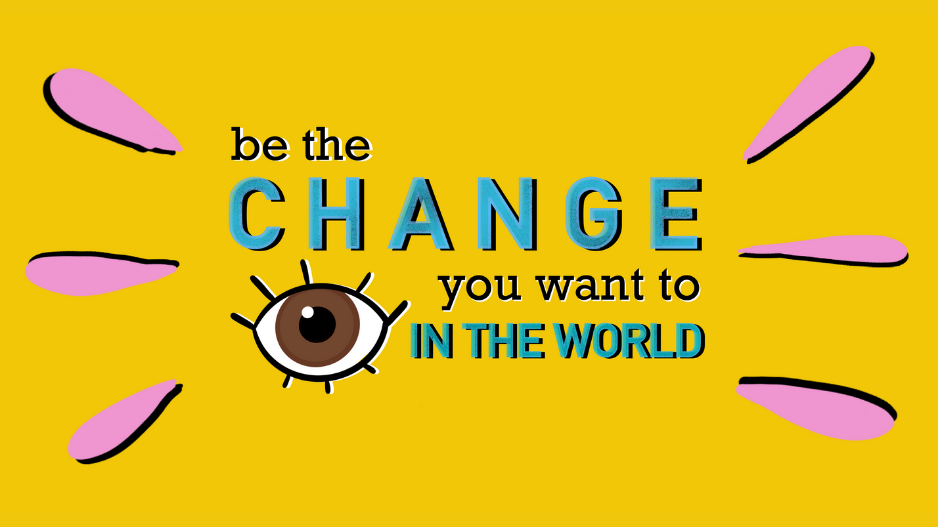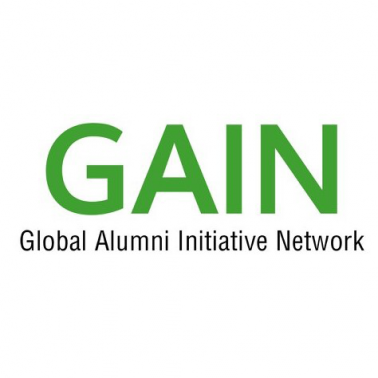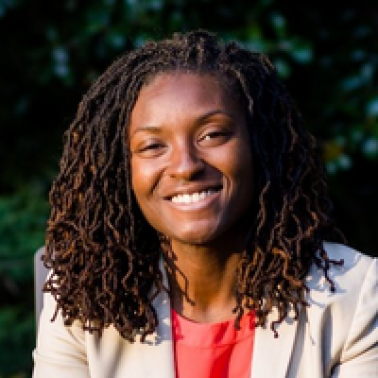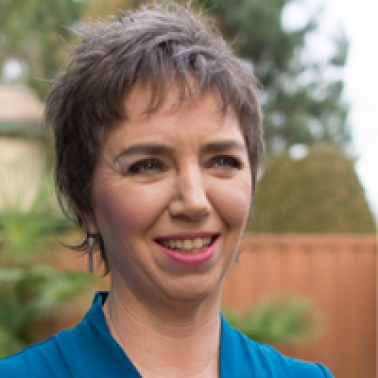How are you involved with the TBP?
Ebony: I've been a part of a group of facilitators who have worked to inform the process and program for the TBP and specifically worked with the team in Canada to provide coaching and support to their TBP project alongside Rob Corcoran.
Jessie: I have been working as the TBP Evaluations Manager.
How did your input make a difference?
Ebony: Because of my experience with both the Community Trustbuilding Fellowship (CTF) as a past participant and current faculty, I was able to give content and process input to those who were developing the international TBP when we gathered last year with other IofC facilitators. I was able to communicate the core tenants of CTF to the larger team as well as lessons learned and facilitation content/tools we use in the program. This is also what Rob and I offered the team in Canada.
Jessie: I think the main difference I am making is increasing engagement and clarifying the gaps that need to be filled for success: IofC clarifying its theory of change, strengthening its implementation mechanisms, collecting evidence, create a theory of scale.
What would you recommend to other alumni who are interested in engaging with the TBP?
Ebony: Sign up for updates and reach out to the program and or country coordinator if you are interested in specific efforts and updates.
Jessie: Consider your own theory of change and how does this align with the TBP. Then decide your next steps.
Which specific skills do you think the alumni could offer the TBP?
Ebony: Those who have gone through CTF and adapted the content to fit their work or workplace could provide some insight in how to do that in different context, what has worked, what hasn't.
What would you recommend local TBP teams to do to better engage with the alumni resident in their countries?
Ebony: Reach out to them, see if they might help in understanding and helping to adjust the content for their local context. They might also be thought partners or facilitators for meetings, dialogues or trustbuilding events.
Jessie: Clarify your theory of change, strengthen your implementation structures and create or strengthen internal mechanisms to address conflict or challenging situations.
If you are an alumni of IofC USA and are interested in learning more about how to connect with the IofCI Trustbuilding Program, reach out to Eliana Jimeno, the Global Alumni Initiative Program Director at eliana.jimeno@iofc.org
*Illustration by Manon Michelle Monhemius
Support the ongoing work of the Trustbuilding Program with a donation via PayPal in a currency that suits you best:
USD, GBP, EURO or CHF.
The Trustbuilding Program is aimed at addressing divisive issues at the international and national levels, on the premise that only those who have undergone the internal process of becoming trustworthy themselves can close gaps across the globe. The Program was launched by Initiatives of Change International in 2019 with projects in Kenya, Canada and France.



